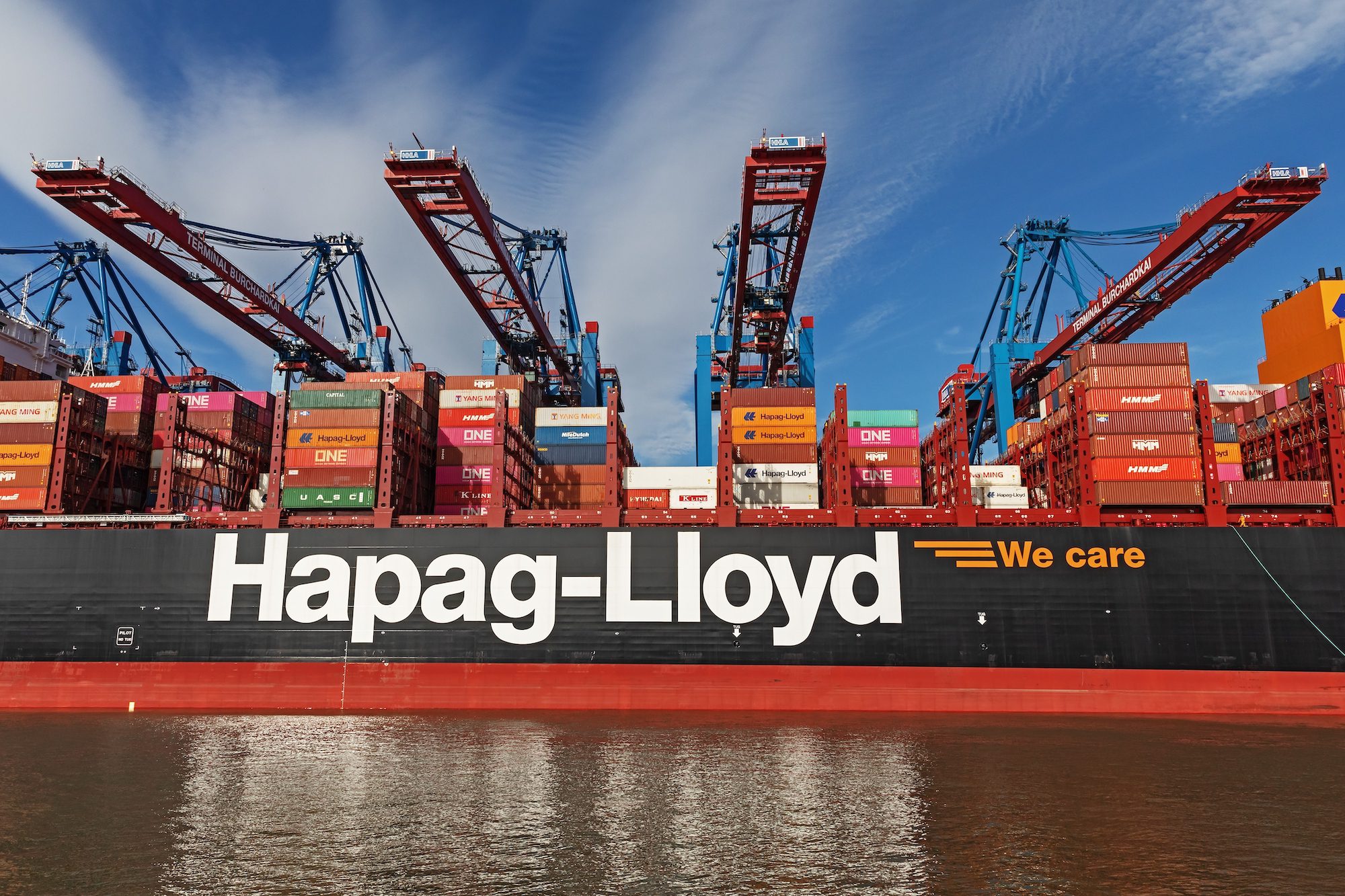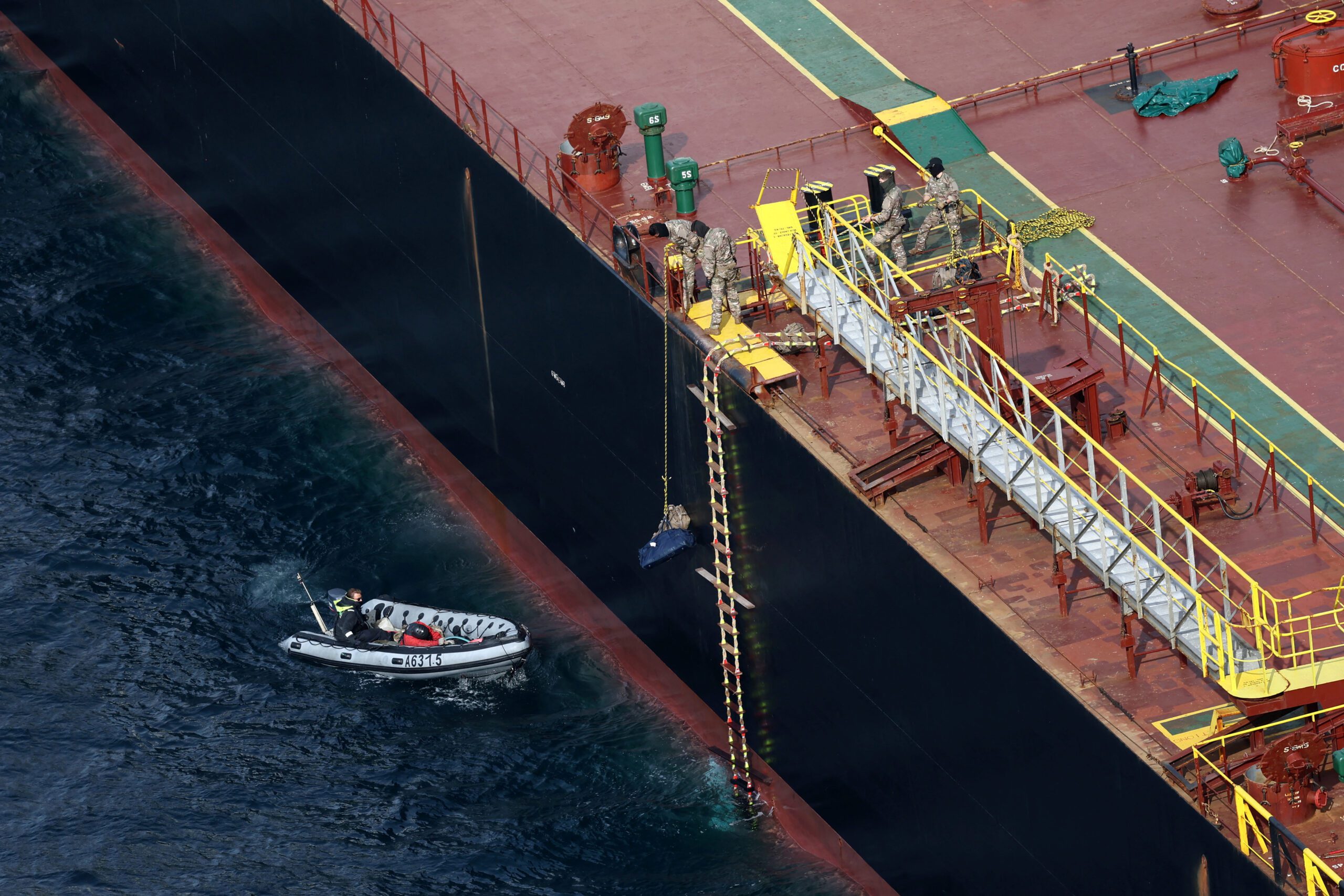Hapag-Lloyd and Shell Western LNG B.V. have signed a multi-year agreement for the immediate supply of liquefied biomethane, marking a significant advancement in the shipping industry’s transition to renewable marine fuels.
The agreement builds on a strategic collaboration established in 2023 to accelerate the decarbonization of alternative marine fuels. For Hapag-Lloyd, biomethane (also known as Bio-LNG) represents a key component in their strategy to achieve net-zero fleet operations by 2045.
Since 2024, Shell has expanded its liquefied biomethane offering, which is now available at 22 strategic locations throughout its global LNG bunkering network.
“This agreement helps secure the fuel certainty and supply reliability we need to further expand the use of waste-based renewable fuels across our fleet – cutting emissions without compromising the quality and reliability our customers expect,” said Jan Christensen, Senior Director Global Fuel Purchasing at Hapag-Lloyd AG. “Collaborations like this demonstrate that true leadership in shipping means acting now – using lower-emission fuels already available today and not waiting for future solutions.”
Dexter Belmar, Shell’s Vice President Global Downstream LNG, emphasized the practical reality of this alternative fuel: “Bio-LNG is no longer a concept – it’s here, and it’s fueling the next chapter of shipping decarbonization. These long-term deals help build the confidence needed to scale renewable fuels.”
The liquefied biomethane supplied to Hapag-Lloyd is ISCC EU certified, ensuring sustainability of feedstock production, traceability through the supply chain, and verified reductions of life cycle emissions.
A key advantage of biomethane is its status as a drop-in fuel, allowing Hapag-Lloyd’s LNG dual-fuel vessels to transition to renewable fuels without equipment modifications. The fuel is derived from organic waste decomposition, with sources including crop residues, livestock manure, and food waste. After removing CO? and impurities, the biomethane is fed into local gas grids, liquefied, and supplied to ships on a mass-balanced basis.
Hapag-Lloyd operates a fleet of 313 modern container ships with a total transport capacity of 2.5 million TEU, making it one of the world’s leading liner shipping companies. The company has committed to achieving net-zero fleet operations by 2045.

 Join The Club
Join The Club











